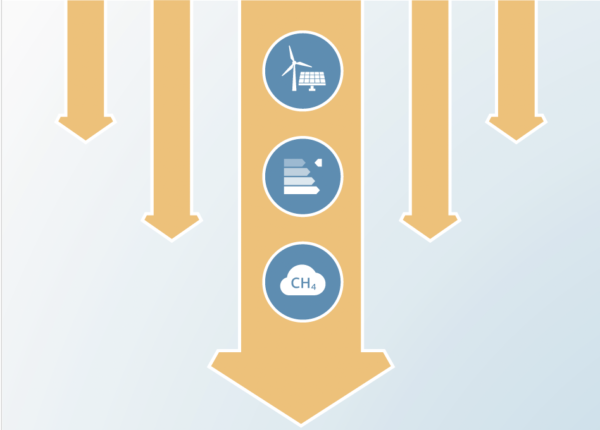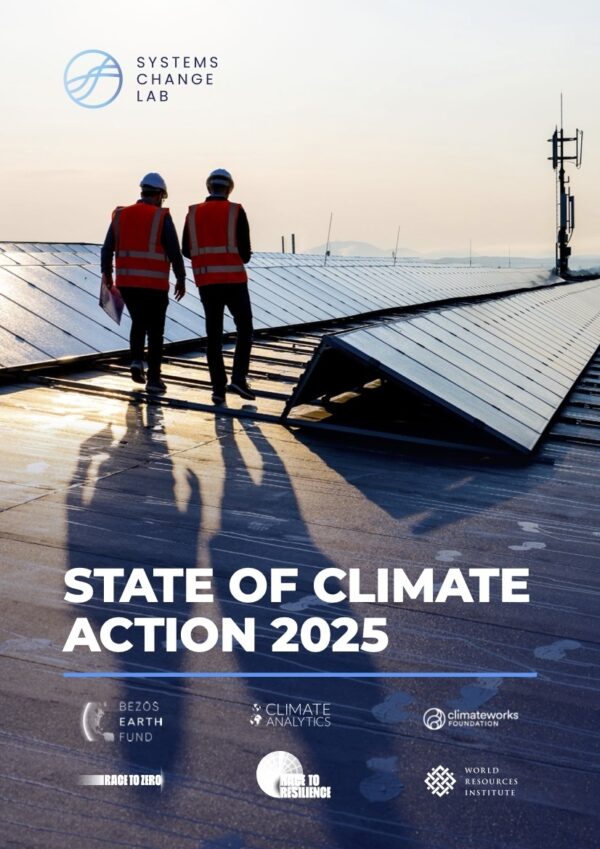The responsibility of investor-owned carbon majors to contribute to direct air carbon capture and storage investment
Authors
Dalia Kellou, Yoga Wienda Pratama, Cristian Zúñiga, Firza Riany, Matthew J. Gidden, Richard Heede, Gaurav Ganti and Carl-Friedrich Schleussner

Carbon dioxide removal (CDR) options are critical for achieving global climate objectives. Yet, many proposed removal technologies are in their formative phase. Significant near-term investments are necessary to buy down the cost of the technologies so that they can play a cost-efficient role in future mitigation. This raises questions about who should bear the responsibility to mobilise this risky early investment.
Here, we propose that investment responsibilities for some novel CDR technologies can be assigned to large investor-owned ‘carbon majors’, drawing on principles of climate justice. Such a responsibility would come in addition to their primary responsibility to adopt a stringent, Paris-compatible decarbonisation trajectory. We focus on direct air carbon capture and storage (DACCS).
The level of total investments necessary to move DACCS out of its niche phase is assessed as 32 billion USD (central estimate, interquartile range 6–92 billion USD). The ten highest emitting carbon majors may bear responsibility for more than half of these investments (17 billion USD, central estimate). Beyond that, about 250 billion USD in investments (central estimate, interquartile range 135–313 billion USD) may be required to buy down the costs to 100 USD/tonne of CO2 captured, of which the top 10 carbon majors may be responsible for about 37 billion USD.
Adopting a decarbonization trajectory in line with a net zero emissions scenario significantly reduces this ongoing responsibility, reiterating the importance of robust company-level strategies aligned with the 1.5°C warming limit of the Paris Agreement.
Key policy insights
- Responsibility can be assigned to investor-owned carbon majors for investing in DACCS development based on principles of climate justice and their historical contributions to emissions.
- The G20, home to the headquarters of most carbon majors, supported by the OECD could be a promising forum to hold them accountable.
- The estimated investment responsibility falls well below recent surplus profits made by these companies, suggesting that such investments are within their financial capabilities.
- The proposed DACCS investment responsibilities are fully additional to carbon majors’ primary responsibility to adopt a stringent decarbonisation trajectory aligned with global climate objectives and should be considered alongside other forms of corrective justice for these companies.











